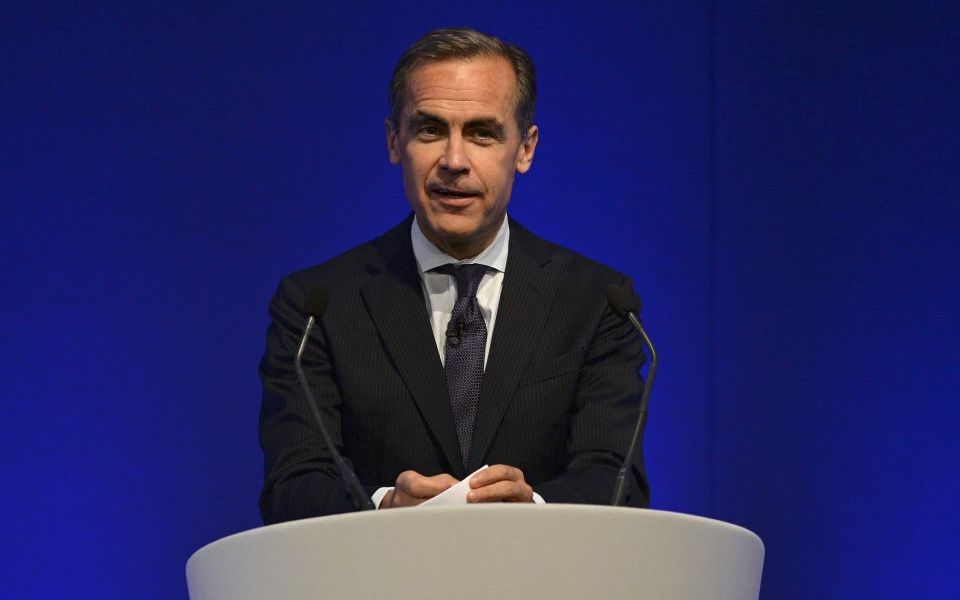
GDP, rate rises and Carney crying wolf

The ‘will they, won’t they’ speculation over whether the Monetary Policy Committee (MPC) will hike interest rates for the first time in a decade will hit fever pitch today if economic growth figures point to a strong summer of growth.
For the best part of a month, the City has been trying to work out if the MPC will raise rates on 2 November or not, with each economic data release this month being pawed over for clues.
Given that in the summer the markets weren’t pricing in an interest rate hike for another two years, that’s quite a turnaround. And Bank governor Mark Carney has done nothing to dampen that speculation, suggesting again last week that a hike in interest rates was coming soon in front of MPs on Parliament’s Treasury Select Committee.
That makes today’s release of the first estimate of UK economic growth for the three months to the end of September from the Office of National Statistics (ONS) hugely significant.
If the figures show the economy accelerated in the summer the chances of a rate rise increase. Stagnant or even slower growth compared with the previous six months, and the likelihood of a rate rise all but disappears.
It shouldn’t be like this. It’s not the job of the Bank of England, after all, to manage economic growth. Controlling inflation is its sole remit. But to pretend economic growth isn’t a consideration when the MPC meets would be foolish in the extreme.
Too early?
There are enough experts out there, from the E&Y Item Club, to Standard and Poor’s and the British Chambers of Commerce, all saying it’s too early for a rate hike. Their argument is that the economy is still too fragile and that hiking rates in an uncertain economic environment caused by Britain’s ongoing Brexit negotiations will kill off what little growth the country has been able to muster this year.
But if not now, then when?
The Organisation for Economic Cooperation and Development (OECD) has already forecast economic growth in Britain will be lower next year at around 1%. And Britain is already the worst performing economy in the G7 this year. There may never be a good time to start hiking rates. But the last cut was supposed to be an emergency measure to help the economy cope with the initial shock of the Brexit referendum.
So, would raising interest rates by 25 basis points really be so cataclysmic for the UK economy? It seems unlikely. The MPC would only be taking the base rate back to 0.50% where it sat for seven years in the aftermath of the financial crisis.
And if, as the Bank’s own Credit Conditions survey showed earlier this month, lenders have started to tighten lending criteria and are likely to continue to do so, then why would Mark Carney not follow suit by hiking rates in order to prevent looser lending conditions returning give his concerns about household debt?
Moreover, if the economy does take a turn for the worse next year, or even the year after, there will be very little the Bank can do to support the economy and prevent a recession if interest rates are still at rock bottom.
Then there’s the damage to his own reputation that Mark Carney will suffer. He’s cried wolf perhaps once too often on interest rates. For many marker observers, it’s surely time for him to act.